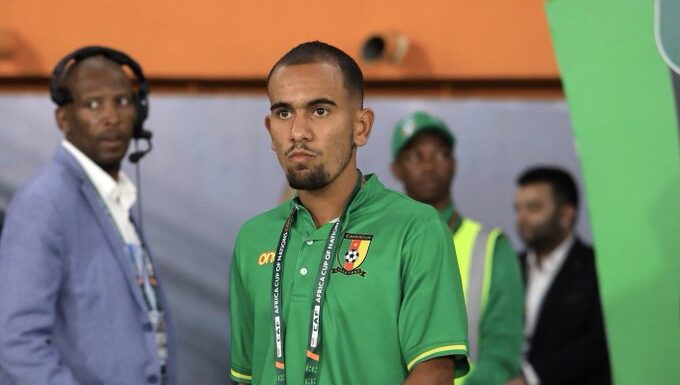We use cookies to help you navigate efficiently and perform certain functions. You will find detailed information about all cookies under each consent category below.
The cookies that are categorized as "Necessary" are stored on your browser as they are essential for enabling the basic functionalities of the site. ...
Necessary cookies are required to enable the basic features of this site, such as providing secure log-in or adjusting your consent preferences. These cookies do not store any personally identifiable data.
Functional cookies help perform certain functionalities like sharing the content of the website on social media platforms, collecting feedback, and other third-party features.
Analytical cookies are used to understand how visitors interact with the website. These cookies help provide information on metrics such as the number of visitors, bounce rate, traffic source, etc.
Performance cookies are used to understand and analyze the key performance indexes of the website which helps in delivering a better user experience for the visitors.
Advertisement cookies are used to provide visitors with customized advertisements based on the pages you visited previously and to analyze the effectiveness of the ad campaigns.

The Nathan Douala affair has triggered a major earthquake in Cameroon soccer in recent hours. FECAFOOT spokesman Ernest Obama was asked by L'Equipe about the reasons why these players would falsify their age.
"The decision by European clubs not to take players over the age of 23 to Africa is the primary cause of this situation. If a player isn't detected early because there are no youth leagues, he arrives in the First Division at 24, 25, 26...It's already too late for him. The other case is that of a player playing in the regions at 23 or 24, by the time he reaches the First Division, he'll be 28 or 30. So, he cuts back from 23 to 17, to be able to enter the circuit and give himself a chance of being detected at 20 or 21 " explains Ernest Obama.